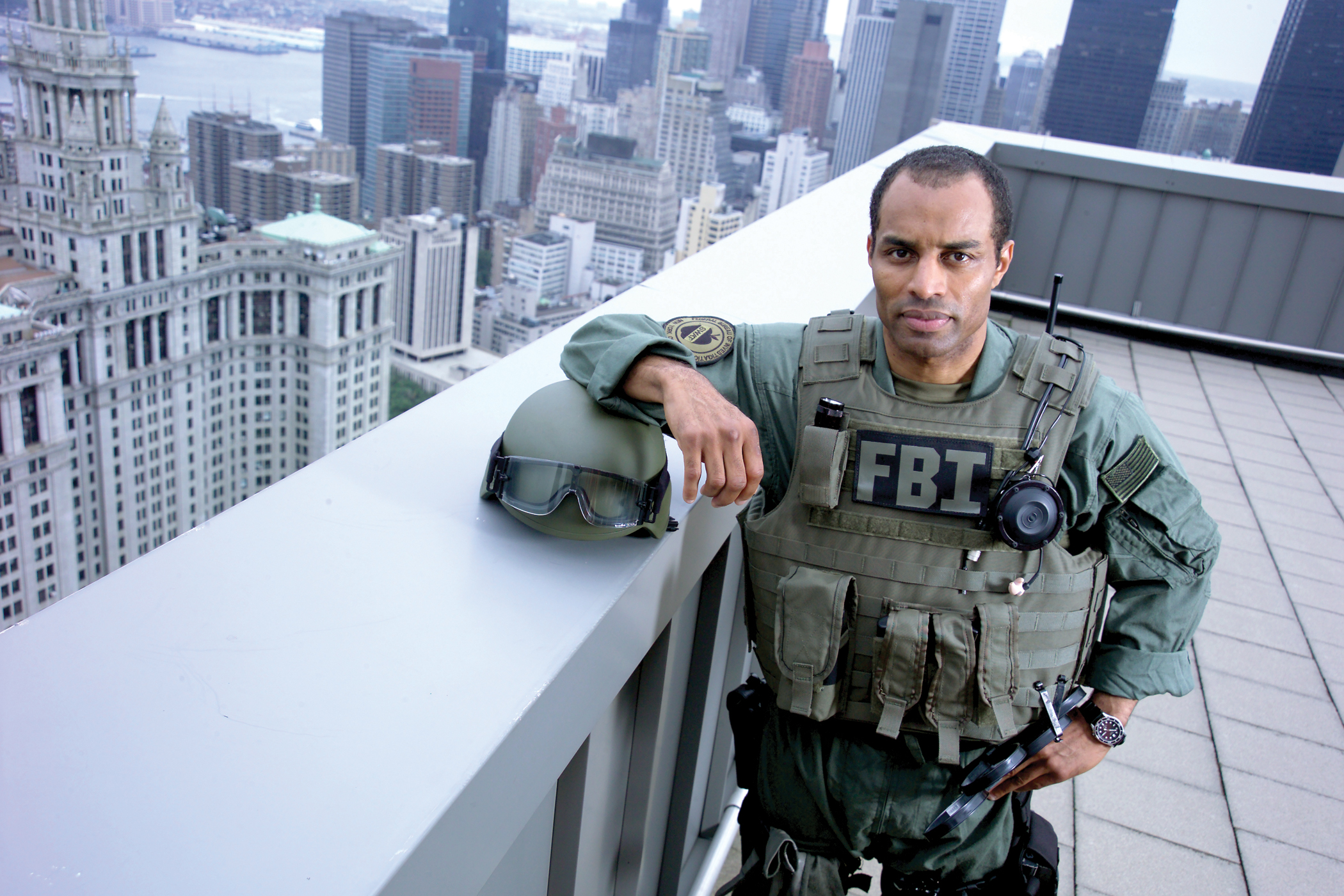
The FBI is very good at stopping 'terrorist' plots of its own design. Trevor Aaronson reports for The Intercept:
[I]f Osmakac was a terrorist, he was only one in his troubled mind and in the minds of ambitious federal agents. The government could not provide any evidence that he had connections to international terrorists. He didn’t have his own weapons. He didn’t even have enough money to replace the dead battery in his beat-up, green 1994 Honda Accord.
Osmakac was the target of an elaborately orchestrated FBI sting that involved a paid informant, as well as FBI agents and support staff working on the setup for more than three months. The FBI provided all of the weapons seen in Osmakac’s martyrdom video. The bureau also gave Osmakac the car bomb he allegedly planned to detonate, and even money for a taxi so he could get to where the FBI needed him to go. Osmakac was a deeply disturbed young man, according to several of the psychiatrists and psychologists who examined him before trial. He became a “terrorist” only after the FBI provided the means, opportunity and final prodding necessary to make him one.
It's a familiar tale, fitting a pattern that Aaronson has reported on extensively. In the 2014 documentary The Newburgh Sting, which reveals the sordid details of another FBI-driven plot, former assistant FBI director Thomas Fuentes says the FBI needs to "Keep Fear Alive" in the United States in order to get funding from congress.
In the Osmakac case, Aaronson reports, the FBI agents involved seemed to have no illusions about the mental capacity of the man they were working to set-up and arrest.
In other recorded conversations, Richard Worms, the FBI squad supervisor, describes Osmakac as a “retarded fool” who doesn’t have “a pot to piss in.” The agents talk about the prosecutors’ eagerness for a “Hollywood ending” for their sting. They refer to Osmakac’s targets as “wishy-washy,” and his terrorist ambitions as a “pipe-dream scenario.” The transcripts show FBI agents struggled to put $500 in Osmakac’s hands so he could make a down payment on the weapons — something the Justice Department insisted on to demonstrate Osmakac’s capacity for and commitment to terrorism.
The government argued that these FBI conversations should remain secret, and that their public disclosure "could harm the U.S. government by revealing 'law enforcement investigative strategy and methods,'" Aaronson reports. The FBI's fight to keep these damning statements secret from the public is just another example of government agencies' deployment of secrecy as a shield to protect not legitimately classified information, but things that could embarrass or reflect poorly on officials. J. Edgar Hoover, the person who shaped the FBI more than any other, was obsessed with secrecy and used it as a tool to carefully shape the Bureau's public image. Had the transcripts of the FBI's conversations about the Osmakac case not been leaked to The Intercept, they would have remained secret.
Visit The Intercept to read more about the case and the disturbing trend of government-funded sting operations.
